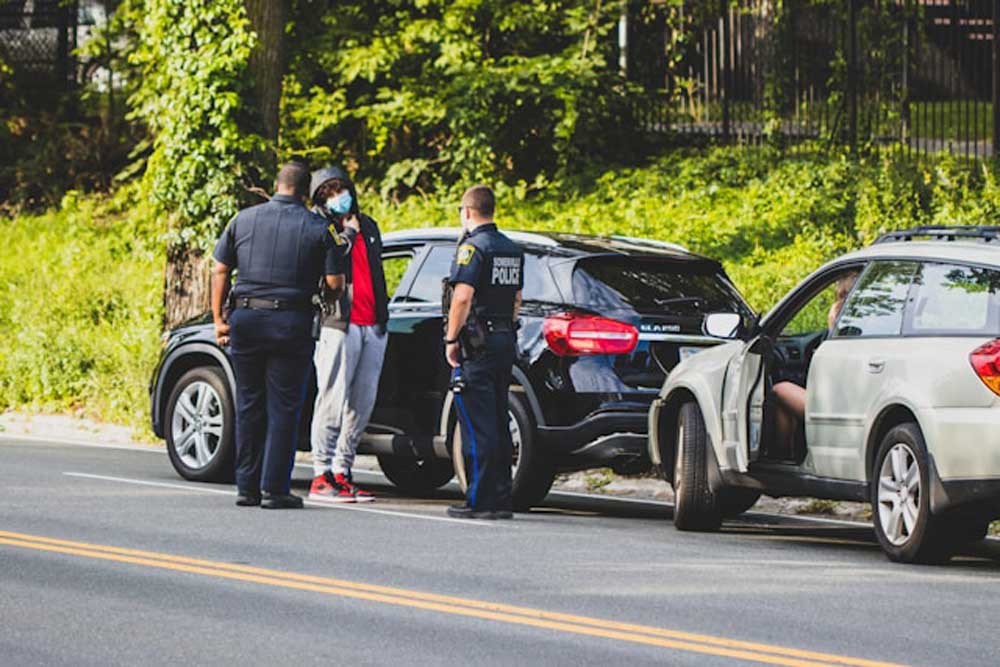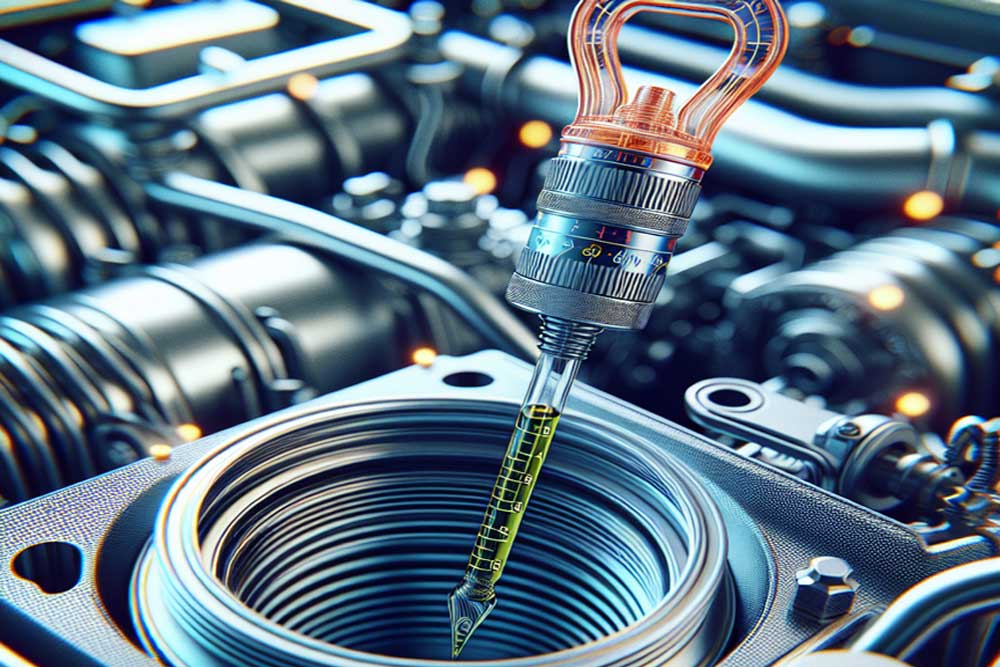Experiencing a car accident can be a traumatic and overwhelming event, often leaving individuals unsure of what steps to take next. This guide will explore seven crucial things you should avoid doing after a car accident to protect your well-being, preserve evidence, and navigate the aftermath effectively. From refraining from admitting fault to avoiding delays in seeking medical attention, understanding these key principles can help you safeguard your rights and interests in the event of a collision.
1. Admitting Fault
One of the most important things to avoid after a car accident is admitting fault or accepting blame for the incident. Even if you believe you could have contributed to the accident, it’s essential to refrain from making statements that could be construed as an admission of liability. Admitting fault at the scene of the accident or in subsequent conversations with other parties or insurance companies can significantly impact your ability to recover compensation for damages or injuries sustained in the collision.
2. Leaving the Scene
Leaving the scene of an accident without exchanging information or reporting the incident to the authorities is illegal and can have serious legal consequences. Regardless of the severity of the accident or whether injuries are apparent, all involved parties must remain at the scene until law enforcement officers arrive and complete their investigation. Failing to stay at the scene or exchanging contact and insurance information with other parties involved can hinder the claims process and result in criminal charges.
3. Neglecting Medical Attention
Neglecting to seek medical attention after a car accident, even if you believe your injuries are minor or non-existent, is a common mistake that can have serious implications for your health and legal rights. Some injuries sustained in car accidents cannot be immediately apparent, and delaying medical treatment can exacerbate underlying conditions or complicate recovery. It’s crucial to undergo a thorough medical evaluation as soon as possible after the accident to identify and address any injuries promptly.
4. Failing to Document the Scene
Failing to document the scene of the accident and gather evidence can weaken your claim and make it more challenging to prove liability or damages in a subsequent legal proceeding. Take photographs of the accident scene, including vehicle damage, road conditions, skid marks, and any relevant traffic signs or signals. Collect contact information from eyewitnesses who have observed the accident and can provide testimony to support your version of events. Documenting the scene thoroughly can strengthen your case and improve your chances of obtaining fair compensation for your losses.
5. Discussing the Accident on Social Media
Discussing the details of the accident or sharing information about your injuries or legal proceedings on social media platforms can jeopardize your claim and undermine your credibility. Insurance companies and opposing parties can monitor social media accounts for evidence that contradicts your claims or suggests that you are exaggerating your injuries or recovery. Avoid posting about the accident, discussing ongoing legal matters, or sharing photos or videos related to the collision on social media until your case is resolved.
6. Delaying Notification to Insurance Companies
Delaying notification to your insurance company about the accident can lead to complications in the claims process and result in the denial of coverage for damages or injuries. Most insurance policies require policyholders to report accidents promptly, typically within a specified time frame. Failing to notify your insurance company in a timely manner could result in the forfeiture of coverage or delays in receiving compensation for your losses. Contact your insurance provider as soon as possible after the accident to initiate the claims process and ensure that your rights are protected.
7. Neglecting to Consult with an Attorney
Neglecting to consult with an attorney after a car accident can expose individuals to the risks of representing yourself in a car accident case. This can result in you overlooking crucial legal aspects and jeopardizing your rights. By consulting with an experienced attorney, individuals can gain valuable insights into their legal options and receive expert guidance on navigating the complexities of a car accident claim. An attorney can help assess the extent of damages, negotiate with insurance companies, and ensure that individuals receive fair compensation for their injuries and losses. Ultimately, seeking the assistance of a knowledgeable attorney can significantly increase the likelihood of a favorable outcome and provide peace of mind during a challenging time.
Conclusion
In conclusion, avoiding these seven critical mistakes after a car accident can help protect your legal rights, streamline the claims process, and maximize your chances of obtaining fair compensation for your injuries and losses. By refraining from admitting fault, leaving the scene, neglecting medical attention, failing to document the scene, discussing the accident on social media, delaying notification to insurance companies, and neglecting to consult with an attorney, you can navigate the aftermath of a car accident with greater confidence and peace of mind. It’s essential to remain vigilant and proactive in protecting your interests and seeking the assistance of qualified professionals when needed to ensure a favorable outcome.











